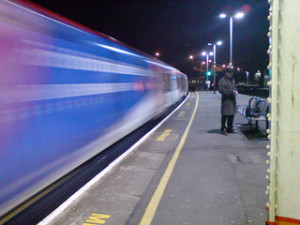 As a DUI injury law firm in Sonoma County, we believe our obligation to represent our clients includes ensuring they understand the legal process. One of the first things we explain about California DUI injury law is something anyone involved in a legal dispute should know — there are separate legal systems for criminal and civil matters. Injured parties can file (and win!) civil claims whether or not a criminal charge is filed based on the underlying incident. Despite the separation, we believe it is helpful for those injured by a drunk driver to understand a bit about criminal DUI charges in California.
As a DUI injury law firm in Sonoma County, we believe our obligation to represent our clients includes ensuring they understand the legal process. One of the first things we explain about California DUI injury law is something anyone involved in a legal dispute should know — there are separate legal systems for criminal and civil matters. Injured parties can file (and win!) civil claims whether or not a criminal charge is filed based on the underlying incident. Despite the separation, we believe it is helpful for those injured by a drunk driver to understand a bit about criminal DUI charges in California.
The Underlying Laws Against Drinking and Driving
California law contains two broad prohibitions against drunk driving, Vehicle Code 23152(a) and (b). Section (a) is more general and makes it illegal to drive while under the influence of alcohol. Section (b) is more specific and prohibits anyone with a blood alcohol concentration of 0.08 or higher from driving in the state. Notably, this means a person can actually be charged with drunk driving even if their blood alcohol level is below the so-called “legal limit.” Police often charge drunk drivers with both offenses. Ultimately, defendants can be convicted of both offenses but they can only receive a punishment for one.
 San Francisco Injury Lawyer Blog
San Francisco Injury Lawyer Blog














